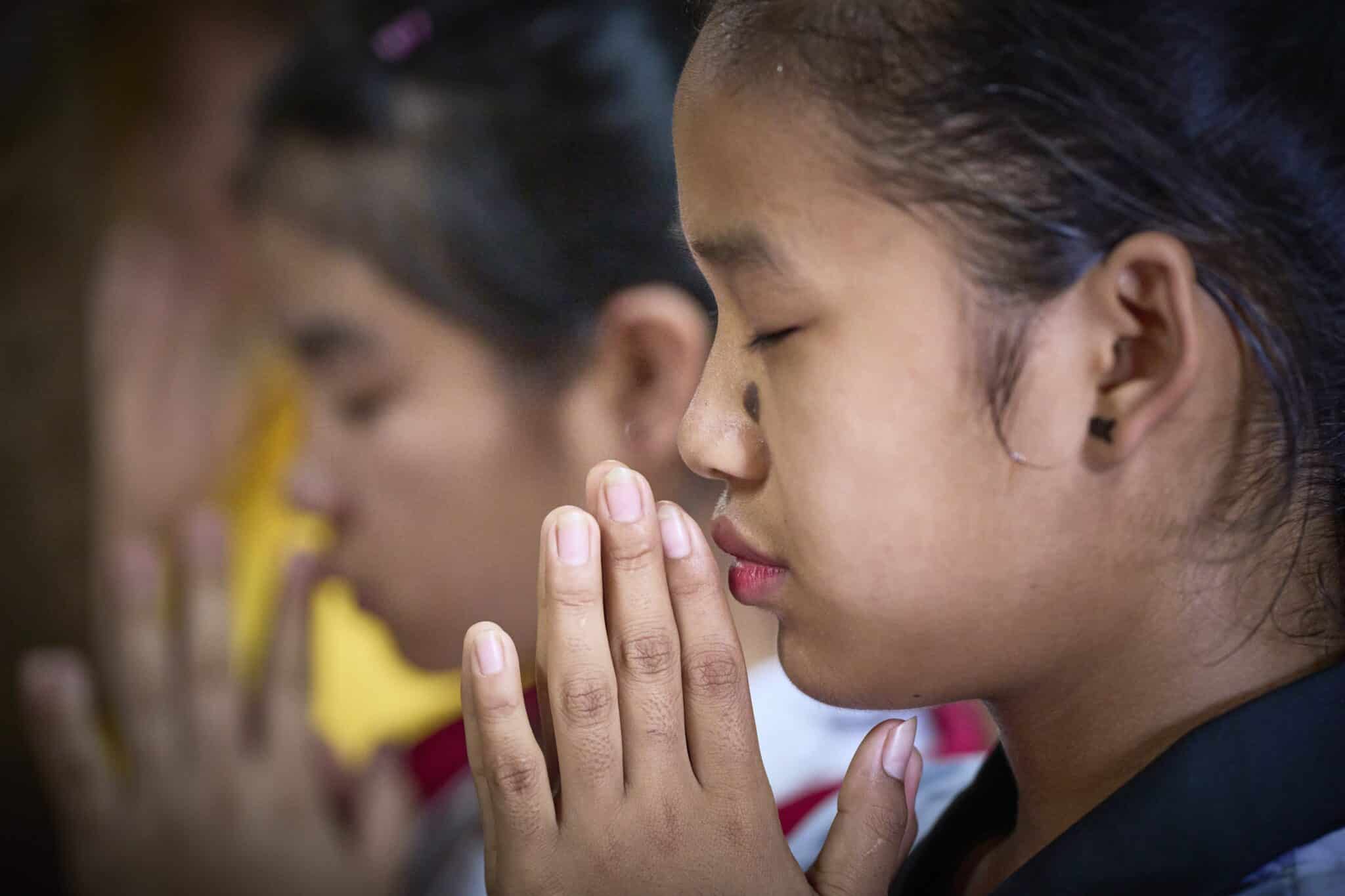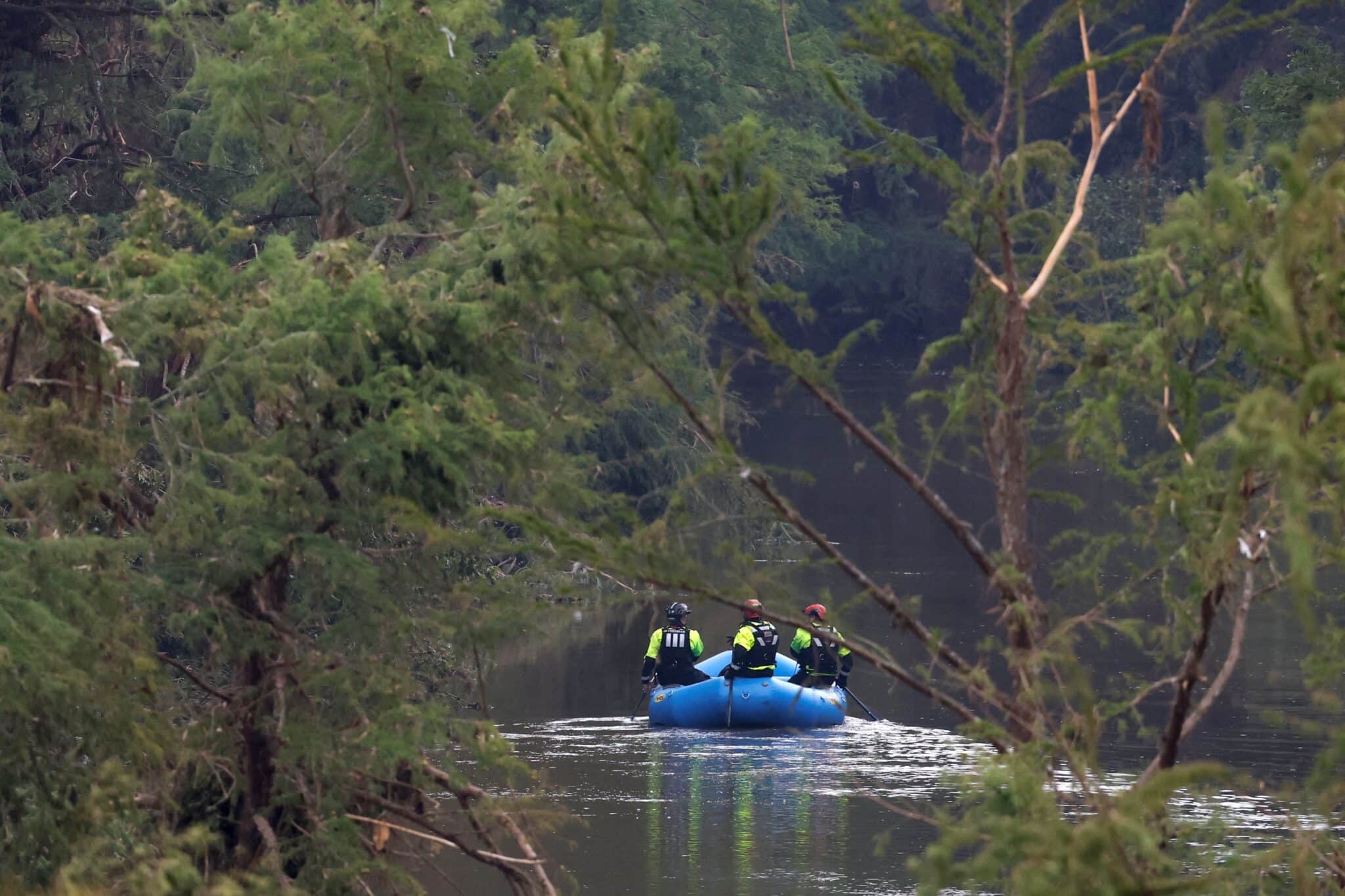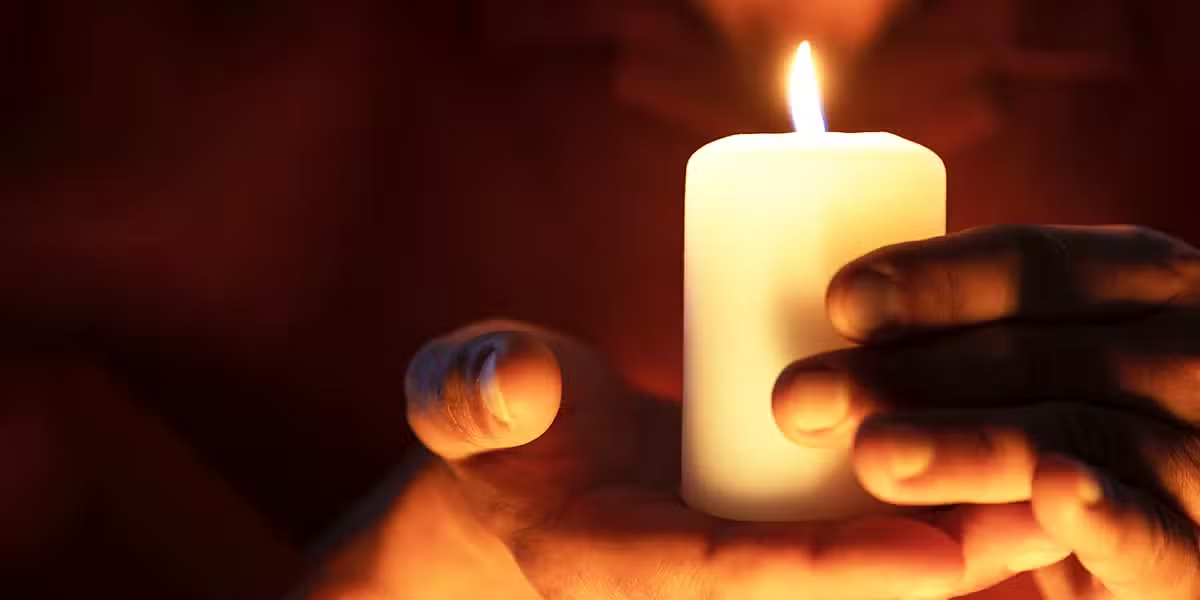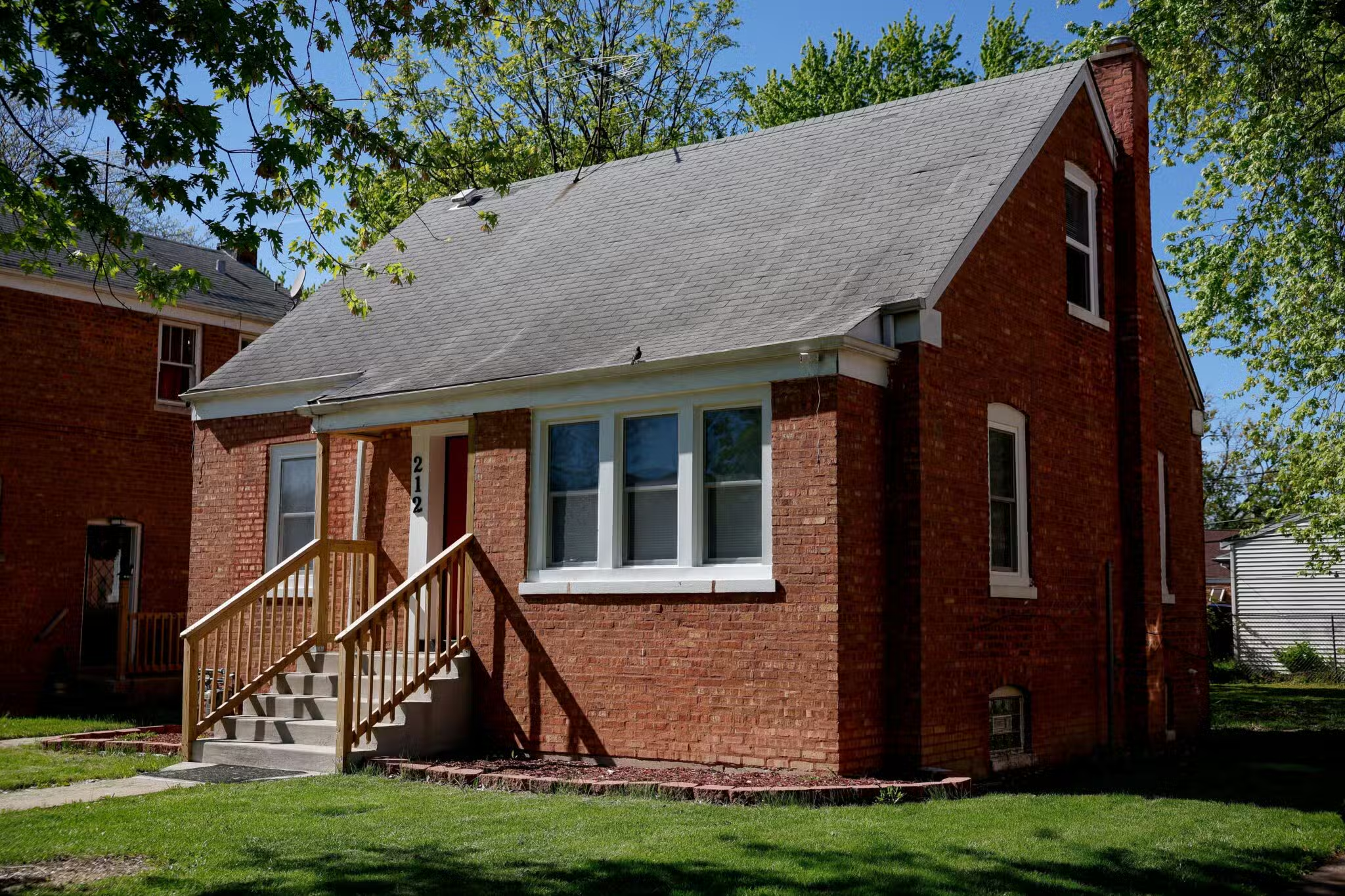YANGON, Myanmar (CNS) — A Christmas of darkness, silence and fear awaits thousands of Christians in camps for internally displaced persons in Myanmar, where carols, decorations and illuminations are banned because of ongoing conflicts.
The sounds of gunfire, fighter jets and artillery shelling have replaced those of carols and celebrations in predominantly Christian Kachin, Kayah, Karen and Chin states, reported ucanews.com.
Thousands of Christians have been forced to take refuge in churches, makeshift camps and in forests following military attacks against civilians.
Ucanews.com talked to some people in the camps, but, at their request, changed their names to protect their identities.
Ucanews.com reported that Josephine Pho Mu, 42, said this is the second time since 1988 she has had to flee her home in Kayah state.
“I thought we would be temporarily displaced and go back home. But we have been away from home and sheltering at this camp for 19 months,” said Pho Mu, who has taken refuge at a church-run camp in Loikaw, capital of Kayah state, after leaving her village in Demodo township in May 2021.
The mother of three said this will be her second Christmas in the camp.
“It is a mix of joy and sorrow when Christmas approaches. We are joyful about welcoming Jesus Christ’s birthday, but we are sorrowful as we are in the camp due to the conflict and don’t know when we will be able to return home,” Pho Mu told ucanews.com.
She said there is a program for children that includes games before Christmas, while adults will spend their time in spiritual preparation.
“We will join a novena starting from Dec. 16 and attend Masses on Dec. 24 and 25,” Pho Mu said.
She said life in the camp is different from her home, but she is not depressed and remains hopeful about her future.
“I have decided that I will not give up hope and will face the difficulties, as I need to set a good example for my children,” she said.
At least 170,000 civilians in Kayah state — more than half of its population of 300,000 — have been forced to abandon their homes, according to the Karenni Civil Society Network.
At least nine Catholic churches have been hit by artillery shelling and airstrikes by Myanmar’s military in Loikaw Diocese, with 16 out of 38 parishes severely affected by the conflict, which has intensified since the junta ousted Myanmar’s elected government in a coup Feb. 1, 2021.
Father Celso Ba Shwe, administrator of Loikaw Diocese, which covers Kayah state, said the displaced elderly, disabled, children and pregnant women in camps are in dire need of humanitarian assistance, while children and teens are facing difficulty continuing formal education.
“In the season of Christmas, may we have Christmas carols, peace and greetings with love after disappearing from gunfire, fighting and heavy weaponry,” the priest said in an Advent letter.
Mary Hkawn San, who has taken refuge at a church-run camp near Myitkyina, capital of Kachin state, wished that Catholics and Baptists could again celebrate Christmas together in her home village.
“It’s a different experience for me to celebrate Christmas in the camp. There are no decorations, as everything here is makeshift,” said Hkawn San, who fled her home following renewed fighting in June 2021.
The 45-year-old Kachin widow who has seven children is optimistic about her life, despite the difficulties she faces.
“Christmas is a time to receive a special blessing from God, and we need to emphasize spiritual preparations to welcome Jesus Christ,” she said.
“I pray for peace in our country so that our children who have grown up in camps may get freedom, peace and live a dignified life,” she added.
Several Catholic dioceses have been hit badly following the military coup that triggered peaceful demonstrations and growing resistance from newly emerged militia groups.
Mandalay Archdiocese covers the Sagaing region, where hundreds of homes in three historic Catholic villages were burned by junta forces. Mandalay Archbishop Marco Tin Win appealed to Catholics to focus on spiritual preparations and avoid “high-profile celebrations” at Christmas and New Year to show solidarity with people affected by the conflict.
Christians in Kayah, Shan and Chin states could not hold Christmas and New Year celebrations last year due to the fighting.
More than 1.4 million people are displaced across the country, with more than 1.1 million displaced since the 2021 military takeover, according to a U.N. Office for the Coordination of Humanitarian Affairs report released Dec. 3.








1 thought on “Myanmar Christians prepare to spend second Christmas in camps”
I think the Christians in Myanmar will be ok. Buddhists don’t hate Christians as long as Christians are not a threat to them. The only reason my Japanese ancestor in Japan 450 years ago had to leave is because the bonzes/Buddhist high priests were threatened by the local Christian diamyo. (Was my Japanese ancestor related to him? I don’t know. I don’t even know the Japanese family name. I only know my DNA says I’m part Japanese.) It was a religious war. The Buddhist monks wanted religious solidarity against the foreigners. Buddhists prize social and environmental harmony. (I lived in Japan for twenty years growing up. I know something about Japanese culture.) The Christians, as we all know, then had to go underground for 250 years, all without a priest! Faith matters! My Japanese ancestor married a Dutchman. The Dutch weren’t interested in proselytizing. They only wanted to engage in trade. That was fine with the Japanese government at the time. So, anyways, my Japanese ancestor ended up in New Amsterdam/(New York). That branch of my dad’s family tree can only be traced back to 1700, but yet that’s the only branch of his family tree that is Dutch. So, what does all of this have to do with the Christians today in Myanmar? That’s a very good question. Sorry for getting sidetracked, lol. I hope I didn’t bore you.